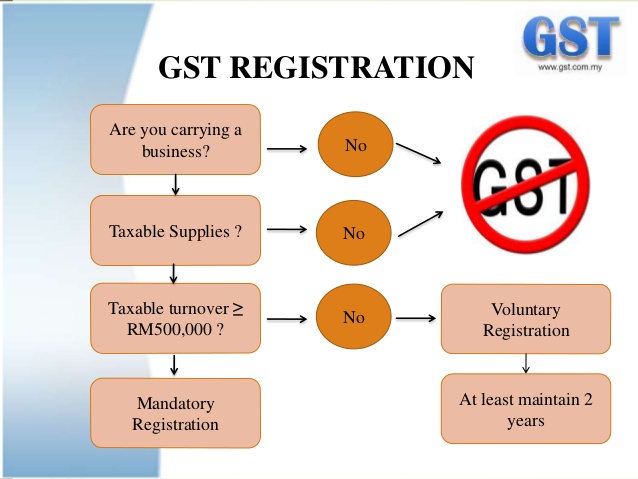Top Tips for a Smooth Singapore GST Registration Experience
Top Tips for a Smooth Singapore GST Registration Experience
Blog Article
The Ultimate Overview to Simplifying the GST Registration Process and Demands for Small Company Owners

Understanding GST Basics
To grasp the fundamentals of the Item and Provider Tax Obligation (GST) system, small company proprietors need to first understand its underlying ramifications and principles. GST is a value-added tax obligation imposed on a lot of products and services for domestic intake. It aims to improve the taxes process by replacing multiple indirect taxes imposed by the state and central governments. Under the GST program, companies are needed to register and collect tax on part of the government, making sure openness and compliance.
One of the vital principles of GST is input tax obligation credit history, which allows services to claim credit score for taxes paid on their acquisitions. This mechanism protects against the cascading impact of taxes and promotes performance in the tax system. Furthermore, GST is a destination-based tax obligation, meaning that the tax obligation is levied at the point of intake instead of the point of beginning. This makes certain fair circulation of tax obligation revenue among states based upon where the items or services are taken in. Recognizing these basic principles is vital for local business proprietors to browse the complexities of the GST system and guarantee compliance with the legislation.
Qualification Standards for Enrollment
Having actually established a foundational understanding of GST concepts, small organization owners should currently meet certain qualification standards to proceed with the registration procedure (Singapore GST Registration). Services that were signed up under the previous tax program (BARREL, solution tax, etc) are likewise mandated to sign up under GST. Farming services that just provide produce out of main manufacturing are exempt from GST registration.
Documents Needed for GST Enrollment

Simplified Registration Process Steps
Following the collection and verification of the requisite files, the registration procedure for GST can be navigated through a series of simplified steps created to promote efficient compliance for small service proprietors. Upon effective confirmation, an Application Referral Number (ARN) is released, showing the completion of the GST registration process. By following these right here simplified steps, small company owners can efficiently register for GST and make sure compliance with tax guidelines.
Tips for Ensuring Compliance
To maintain governing adherence and functional stability, thorough oversight and aggressive procedures are essential in making sure compliance with GST requirements for small company proprietors. Local business owners need to stay updated with GST policies, submitting due dates, and any type of changes in tax prices to prevent fines and keep a good standing with tax authorities. One important pointer for compliance is to maintain detailed and exact records of all transactions, including receipts, invoices, and costs associated with GST. Regularly resolving financial documents with GST returns can assist in identifying and remedying any inconsistencies promptly. Furthermore, performing periodic interior audits or seeking expert support can make certain that the service is adhering to all GST rules properly. It is likewise vital for small company owners to spend in GST-compliant bookkeeping software program that can simplify the tax obligation filing procedure and decrease errors. Attending GST understanding workshops or training programs can improve understanding and compliance with GST laws, eventually profiting the business in the lengthy run.
Conclusion
Finally, small company owners have to understand the basics of GST, satisfy the qualification standards, gather essential files, and comply with the streamlined enrollment process actions to guarantee conformity. By simplifying the GST registration process and needs, small company owners can prevent penalties and operate their services smoothly within the legal framework - Singapore GST Registration. It is vital for tiny company owners to remain enlightened and compliant with GST regulations to keep a successful business operation
Small company owners seeking GST registration should ensure they gather and submit the needed records to finish the registration procedure effectively. The records required for GST enrollment normally consist of proof of service registration or consolidation, FRYING PAN (Irreversible Account Number) card of why not try this out the service identity, entity and address evidence of the promoters/partners/directors, photographs, address evidence of navigate here the place of organization, financial institution account declarations or canceled cheques, and authorization kinds. Attending GST awareness workshops or training programs can improve understanding and conformity with GST guidelines, eventually profiting the company in the long run.
By streamlining the GST registration procedure and needs, tiny service owners can stay clear of fines and operate their organizations smoothly within the lawful structure. It is essential for small service owners to stay informed and certified with GST guidelines to maintain a successful business operation.
Report this page